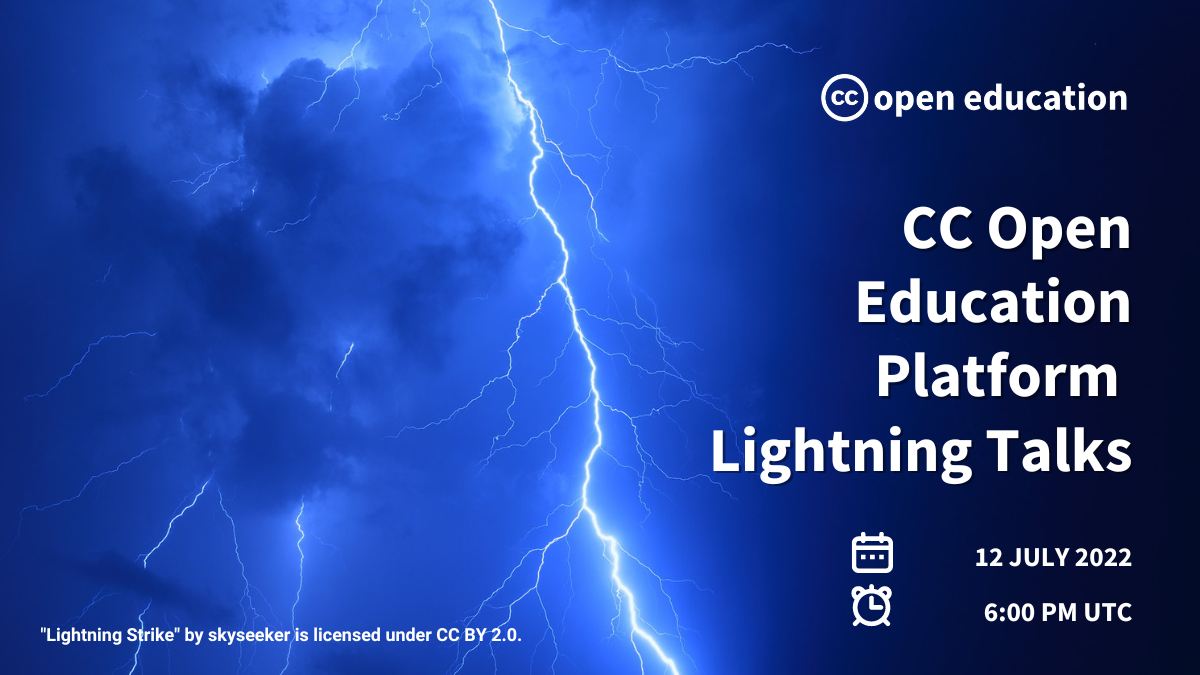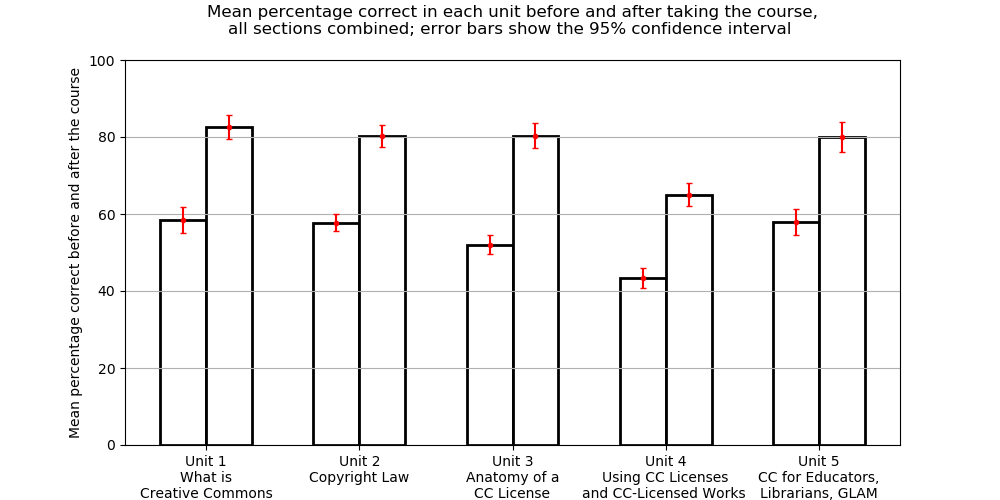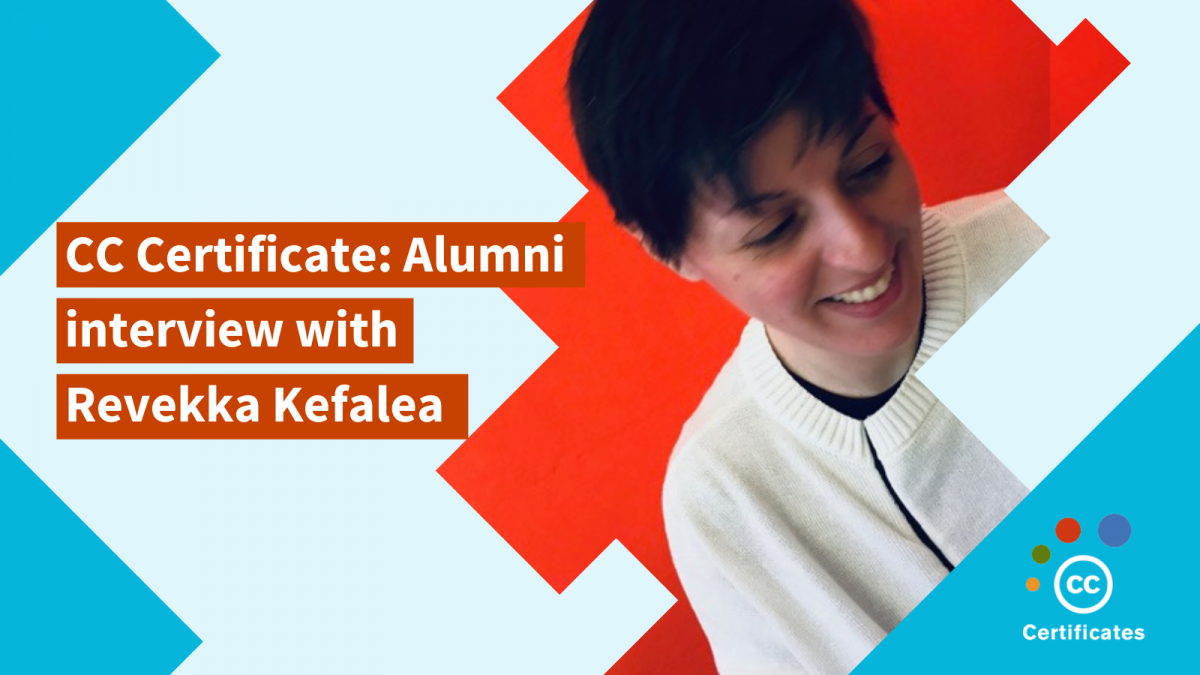
The fifthRegional OER Consultationfor the Latin America and Caribbean region was held in Sao Paulo, Brazil on 3rd-4th April. The event was in preparation for the2nd OER World Congressthat will be held in Ljubljana, Slovenia in September of this year. The meeting was organized by the Commonwealth of Learning (COL), alongside partners UNESCO, University of Campinas, the Government of Slovenia, and made possible by the generous support of the William and Flora Hewlett Foundation. The event brought together 31 government officials and key education stakeholders from 18 countries to discuss concerns and issues for mainstreaming OER to support inclusive and equitable quality education.
The opening session was launched by President and CEO of COL, Prof. Asha Kanwar, and Joe Hironaka, OER Programme Specialist from UNESCO Paris. There were also remarks made by Brazilian officers demonstrating why Brazil is the most vanguard country on OER policy in the region. The Brazilian Ministry of Education announced that it will soon discuss a federal bill where all educational resources would be made available under open licenses. Meanwhile, the Secretary of Education of the São Paulo local government talked about the2012 state billthat required all educational resources funded by the public to be openly licensed and outlined the challenges to promote innovation and a new education culture of sharing and knowledge building.
The technical sessions began with the presentation of Prof. Kanwar, who emphasized that COL believes that learning must lead to sustainable development as outlined in可持续发展目标4 (SDG4)。有人认为,早期报告显示,许多国家将无法在2030年实现可持续发展目标。因此,创新的方法有助于实现速度和规模。此外,她指出,OER在增加高质量教育的机会和降低成本方面具有巨大的潜力。
Kanwar教授向政府和正在进行的教育利益相关者介绍了调查的概况,以提供详细审议的背景。这些调查显示,通过公共资助的项目和项目,对制定国家OER政策产生了重大兴趣,这些项目和项目促进了灵活学习,从而增加了获得教育资源的机会、效率和质量。除了潜在的好处之外,将OER主流化的障碍还包括无法充分获取高质量内容、缺乏用户能力、缺乏适当的政策、不断变化的商业模式以及语言和文化障碍。
OER UNESCO Chair and local host from the University of Campinas, Tel Amiel, followed with remarks that Latin America and the Caribbean is at an early stage regarding the adoption of OER. Although many of the countries in the region do showhigh use and practices of digital resourceslike remixing and open licensing, he pointed to two main reasons why there is delayed uptake: lack of visibility, and a lack of mobilization/articulation. There is a challenge to expose more and better OER initiatives within the region like the higher education open textbook initiativeLATin, funded by the European Commission that gathered 12 countries, 9 from Latin America, orTEMOA, a knowledge hub and multilingual catalog of OER for Mobile Learning.EducAR它是阿根廷K-12教育数字资源的国家资源库,是第一个对大多数资源包含机构OER政策(采用CC BY-NC-SA许可证)的资源库。This should be an example for other Latin American countries, specially being a member ofLatin American Network of Educational Portals RELPEand theIberoamerican Network for Educational Repository Usability RIURE.
Regarding mobilization/articulation, the OER initiatives of the region need to be better identified, for example through a project that maps OER activities as theOER Worldmap, where only two countries (Chile and Brazil) have “champions” to upload OER data. Again, Brazil leads the way with the recently launchedIniciativa Educaçao Aberta, kickstarted by theUNESCO Chair at UNICAMP, and theEducadigital Institute, which brings together productions, academic research, publications, repositories, distance-learning, and other projects in Brazil.
The OER UNESCO/ICDE/COL Chair, Rory McGreal, highlighted one of the biggest educational challenges for all countries: by 2025 there will be an increased demand for learning from 98 million new students. To meet this demand there would be a need to establish 4 traditional universities per week, an impossible task, so it’s urgent to develop and deploy new forms of teaching and learning to meet this tremendous future demand.
即使我们开始应对这个难以置信的挑战,我们也面临着来自传统版权行业的巨大反对。麦格雷尔先生简要介绍了版权(或类似的概念)的历史,最早可以追溯到6世纪,它曾试图限制人们获取信息和知识。但他主张,版权应该成为一种工具,在对社会的“鼓励学习”与作者和创作者的权利之间建立适当的平衡。OER,被理解为技术支持,开放提供教育资源供社区用户咨询、使用和改编,与目前不平衡的版权规则相冲突。版权法阻碍了版权作品潜在的新的教育用途,例如重新组合以创造新的资源、适应不同的学习环境、提取以删除资产、本地化和翻译为其他语言或重用/重新使用资源。版权是在课程中组装或“削弱”OER的一个障碍,特别是在电子学习环境中,数字版权管理(DRM)和限制性数字许可进一步复杂化了。
I work at the Library of National Congress of Chile, and followed with the challenges related to designing and implementing an OER policy. Presenting two real cases from Chile, afrustrated experience with personalized web-based platformsand thecorrupted/poor quality public textbook market, I highlighted the first challenge for OER policy is to approach today’s educational challenges with specific, pragmatic, sustainable solutions at different levels guided by the OER principles and open practices. The necessary condition to shape OER as a response to educational challenges is OER capacity building for all education stakeholders.
Regarding capacity building, a major initial task is to advocate for the benefits and potential—and also address risks and barriers—of openness in educational processes for teaching and learning. This focus on the outcomes of the educational process is part of a maturity of the process of how openness impacts education, where as 5 or 10 years ago the focus was on infrastructure, licensing, and creating a volume of resources. There is a growing body called “Open Educational Practices” and “Open Pedagogies” emerging through the use of digital technology, a true reflection on how openness catalyses innovation. As we advocate for the massive potential of OER, we also have the opportunity to correct partial or misleading notions about “openness”, as there is still much confusion related on what openness is and how it relates to education.
Another issue around capacity building for stakeholders is to support them with resources and tools for OER Policies, such as COL’sGuidelines for Open Educational Resources for Higher Education, theInstitutional OER Policy Template, theOER Policy Development Tool, theOER Policy Registry, and other excellent resources for college and university governance officials.UNESCO’s OER Country Policy Templateis a tool that articulates the goals of the policy, outlines the purpose and rationale of the policy, and provides information on why the policy is necessary and what it will accomplish. Another venue for information sharing and action is theOpen Policy Network(OPN), whose mission is to foster the creation, adoption and implementation of open policies and practices by supporting advocates, organizations and policy makers. The OPN is responsible for theGlobal Open Policy reportthat tracks the spread of open policies around the world with a systematic overview of open policy development, as well as theInstitute for Open Leadershipthat trains new leaders on the values and implementation of openness in licensing, policies, and practices.
Research is also today an important asset for OER advocacy and policy-making. There is a growing body of evidence and recommendations on the process of adoption and impact of the use of OER in educational settings, with initiatives like thePhD student GOGN network, theOER Research Hubfrom the UK Open University, theOpen Education Groupin the U.S. Increasingly pertinent to developing and emerging countries is theResearch on Open Educational Resources for Development ROER4D, a evidence-based research project from 26 countries in South America, Sub-Saharan Africa, Middle Asia and Southeast Asia, with the objective to improve educational policy, practice, and research in developing countries by better understanding the use and impact of OER.
The final issue around capacity building for all education stakeholders is the need to build a compelling and encouraging narrative about the benefits and potential of OER. A good example is theOpen Washington OER Networkthat features videos of grassroots reports from the field, end-user practices in the use and impact of OER, and policy videos with interviews with experts in various areas of OER. These are woven into a series of multimedia presentations on Open Education policy strategy, implementation, and vision.
I closed by exploring theOpen Government Partnershipas a platform to advocate for OER policy, especially as countries begin to include education in their action plans. I highlighted initiatives fromChileandBrazilworking to do this.
These presentation were followed by exciting and thoughtful group discussions with all the participants to focus on concrete action, such as strategies for mainstreaming OER and exploring national OER practices to tackle SDG4. Also drafted was a list of commitments that will to added to and synthesized for the global report leading up to the World OER Congress.
Read the full report from COLhere.
View video presentationshere.




